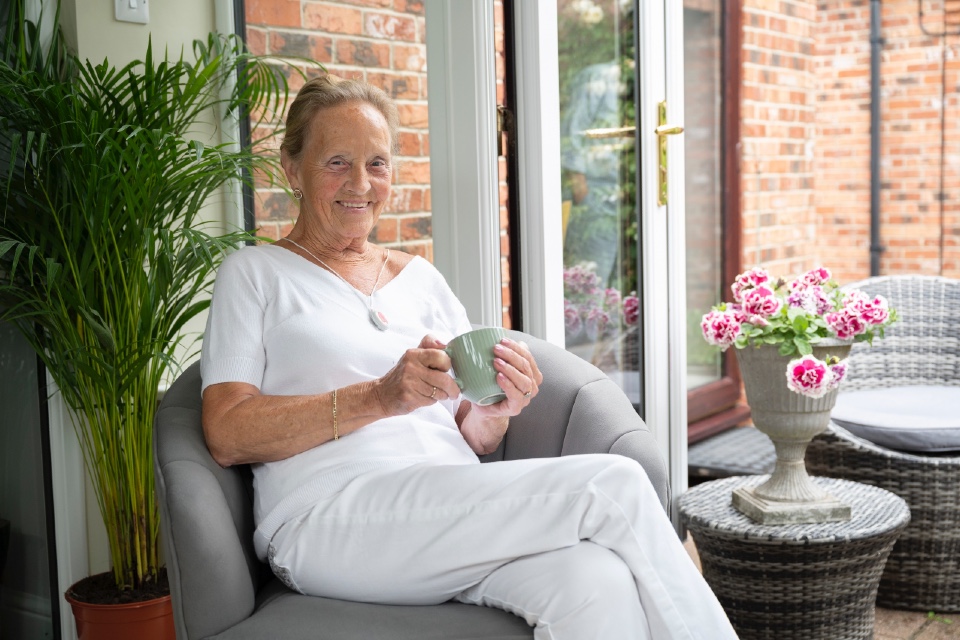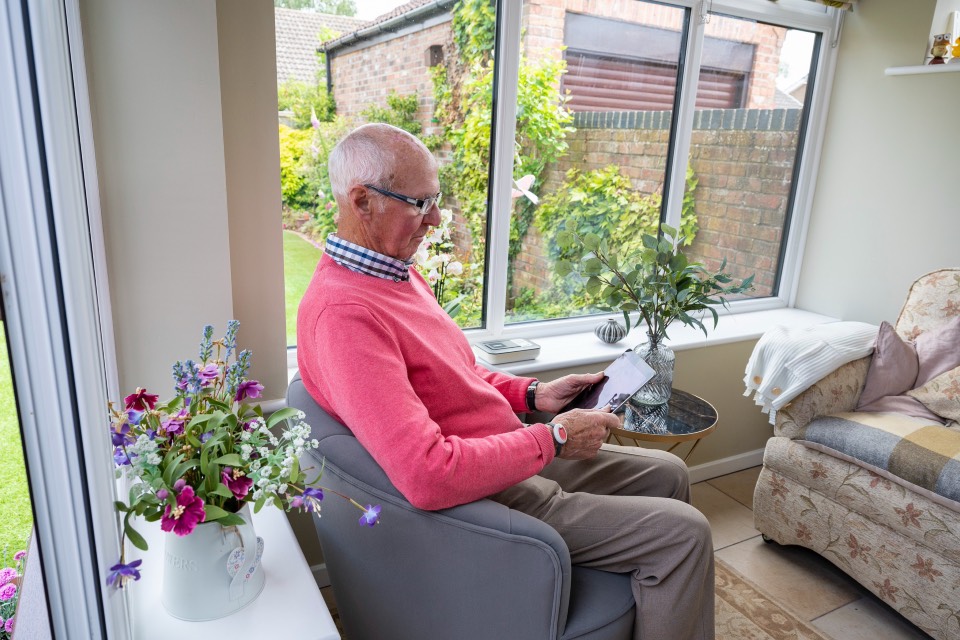Angus Honeysett, Head of Market Access at Tunstall Healthcare, discusses the key role of technology in enabling vulnerable people to live independently for longer…
We are living longer as a nation, and have the information we need to make healthier and better choices. By investing in technology and innovating our services we will be able to deliver proactive and preventative care which is personalised to the needs of each individual. This in turn will enable service users to live independently for longer in a place of their choice.
Why is independence important?
According to ARCO, 88% of older people think the Government should widen housing options and 70% are interested in moving to somewhere that provides care and support as an alternative to a care home1. Clearly independence is extremely important to vulnerable people, and not just to the elderly.
Enabling environments that promote independence through supportive policies and accessible, inclusive, digitally-enabled designs is crucial if we are to build a world where people have the freedom to live life to the full in a place of their choice.
By investing in digital solutions to enable the independence of service users this will in turn empower staff to work more efficiently, reduce bureaucracy and enable them to spot changes in people’s behaviours. Not only will this improve the quality of life for more people, it’ll reduce the number of GP visits, ambulance callouts, hospital admissions and demand for local authority-funded residential care.
The barriers to independence
Our health, housing and social care services have previously been slow to adopt innovations, and professionals often view technology as a way of managing people’s care needs – overlooking its capacity to give people greater agency, choice and control.
Public commissioning and procurement processes are hampered by fragmented funding, a shortage of high-quality evidence, and a lack of involvement of vulnerable people, such as the elderly and those living with disabilities, in decision making. Local authorities are also still grappling with workforce shortages, case backlogs and an increase in the complexity and level of need from service users.
Living independently in practice
Nottingham Community Housing Association (NCHA) is a group of companies providing housing and care throughout the East Midlands. It manages approximately 10,000 homes and supports a diverse range of people, including those with learning disabilities and those who are frail and elderly.
NCHA’s Support, Management and Response Service (SMaRT) plays a critical role in underpinning care and support by providing a seamless 24 hour person centred support service to all customers. SMaRT has 2,000 to 3,000 connections and its specialist operators are trained to handle a wide range of call types, from proactive wellbeing calls, to emergency alarm calls, domestic violence incidents and mental health helplines.
NCHA provides supported housing to over 500 people with learning disabilities, providing person-centred care, which may include telecare systems monitored by SMaRT. Every month, the SMaRT team makes up to 1,800 calls to people with learning disabilities, whose purpose ranges from medication reminders, wellbeing checks, or prompts to make sure their doors are locked at night. In many cases, these calls can replace care visits, supporting the privacy and independence of service users.
Integrating technology
Advances in technology open up new horizons in independent living. By creating a world where it is standard practice to use technology to manage long-term health conditions and other concerns, we’ll be able to deliver efficient and personalised care which will increase independence and allow vulnerable people to stay safe and continue living at home.
Effectively managed and integrated telecare programmes can have a major impact in current operating terms, and improve citizen experience, support improved quality, and provide enhanced services which are tailored to meet specific needs.







